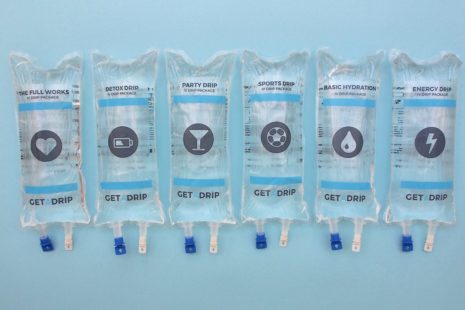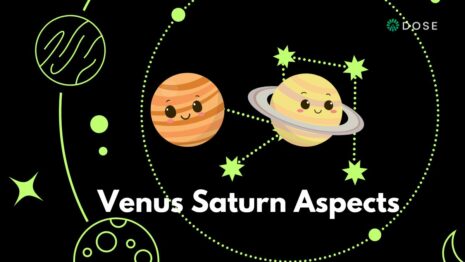Is it better or worse to workout on an empty stomach? We ask Nike trainer Luke Worthington for his view on one of the most popular debates in the fitness industry…
What is fasted cardio?
Fasted cardio is what it says on the tin. A session of cardiovascular exercise performed in a fasted state. This will typically (but doesn’t have to) be early in the morning before breakfast as it is the easiest way to be in a fasted state.
What are the benefits?
The theory behind fasted cardio is that in a fasted state your body will have used its stored liver and muscle glycogen, and so stored body fat is more likely to be metabolised as fuel. This theory, however, relies on the individual being in an overall calorie deficit (in other words expending more than they consume over an extended period of time).

Does fasted cardio burn more fat?
There is logic to the theory of depleting stored glycogen to encourage metabolising body fat. However, as above, this will only cause fat loss if the individual is in an energy deficit. Think of it as similar to your bank account – if you spend more than you earn the balance will go down. If you earn more than you spend, the balance will go up!
What is fed cardio?
Fed cardio is simply the reverse, performing your exercise session in a fed state – in other words after you have had a meal.
What are the benefits?
The benefit of exercising in a fed state is that you have more energy to perform the workout and are therefore more likely to be able to work harder, and for longer, therefore, creating a greater energy expenditure.

Which one is better?
When it comes to fat loss, exercising in a fasted or fed state will actually make no difference. The difference is created by being in a moderate overall calorie deficit over a period of time. I recommend a deficit of no more than 20%, which should then lead to a weight loss of 1% per week. This is a manageable amount and should be achievable with sustainable lifestyle changes – as opposed to major sacrifices. Deficits of greater than 20% can then cause more lean tissue (muscle proteins) to be metabolised, as they are more readily available to a hungry body.
In my opinion, the choice of whether to exercise in a fed or fasted state is really one of comfort and convenience. If you prefer to exercise early in the morning, but eating a meal beforehand doesn’t fit into your schedule or you’re simply uncomfortable eating that early – then eat after! What is important is what we repeatedly do over time so look at total amounts of consumption versus expenditure over a day, week, month, rather than obsessing over the minutiae. As with most things in life, consistency is key.
Get your weekly DOSE fix here: SIGN UP FOR OUR NEWSLETTER
Related Posts:
- 77 Angel Number: Meaning, Numerology, Significance,…
- Nike Global Master Trainer on motherhood, maternity…
- Apple fitness plus - top trainers to look out for on the app
- July Payday Edit: Dopamine Dressing Essentials
- Benefits Of Exercising In The Morning According To 7…
- London Wellness Guide - City & East London
















